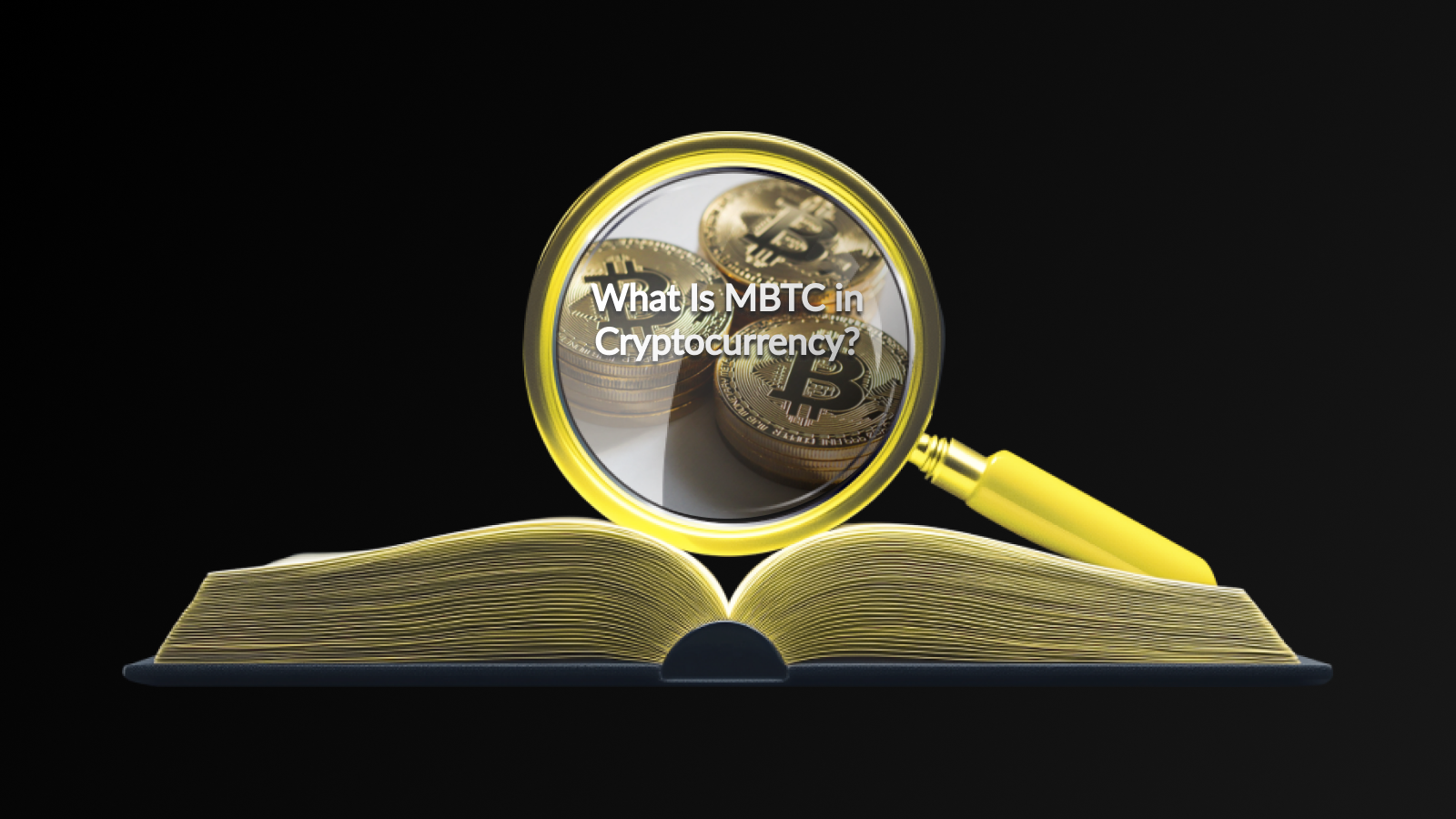Introduction
A masternode is an essential component of certain blockchain networks that supports the overall functionality and security of the system. Unlike standard nodes that only maintain the blockchain and validate transactions, masternodes offer additional services such as facilitating instant transactions, enabling private transactions, and participating in governance decisions. To operate a masternode, users typically must hold a substantial amount of the underlying cryptocurrency, which serves as a sort of collateral and contributes to the network’s stability. This investment is an appealing facet for many cryptocurrency enthusiasts as it allows them to earn rewards while further securing the network.
Masternodes can be seen as both a significant opportunity and responsibility within the cryptocurrency landscape. By investing time and resources into running a masternode, individuals not only engage with the technology but also contribute to a decentralized financial system that aims to provide transparency and efficiency in transactions.
How Do Masternodes Work?
A masternode is a full node that plays a crucial role in the functionality of many cryptocurrencies. Unlike standard nodes, which only verify transactions and blocks, masternodes perform additional tasks, such as facilitating InstantSend transactions, enabling PrivateSend features, and participating in governance decisions. To operate a masternode, users are required to lock up a certain amount of the cryptocurrency as collateral, which helps secure the network and ensures that operators are incentivized to act honestly.
When a masternode is set up, it constantly stays online, maintaining a connection to the blockchain and sharing critical information with other nodes. This constant connection allows for improved transaction processing speeds and enhances the overall reliability of the network.
Masternodes are rewarded for their services through block rewards and transaction fees. This means that operators can earn a passive income, which is one of the appealing aspects of running a masternode in the cryptocurrency space. However, it’s essential to note that running a masternode also requires a good understanding of the specific cryptocurrency’s technical setup, along with a commitment to keeping the node operational 24/7.
Operating a masternode can offer numerous cryptocurrency-related advantages, but it also comes with its own set of challenges. One of the primary benefits is the potential for passive income. By maintaining a masternode, you can earn rewards in the form of new coins generated by the blockchain, creating an attractive revenue stream.
Additionally, masternodes contribute to the stability and security of the network. They play a significant role in validating transactions, which means their operators have a vested interest in maintaining the health and integrity of the platform. This involvement can foster a sense of community among masternode operators and lead to a more engaged user base overall.
However, the operation of a masternode isn’t without risks. The initial investment can be substantial, often requiring a significant number of coins to set up the node. Furthermore, the volatility of cryptocurrency markets can lead to fluctuations in the value of your rewards. If the coin’s value drops, the profitability of running a masternode might decrease dramatically.
Another important consideration is the technical expertise required to run a masternode effectively. While many platforms aim to simplify the process, any technical glitches or network issues can lead to downtime, resulting in lost rewards and increased operational costs. Therefore, potential operators must weigh both the benefits and the risks thoroughly before deciding to take the plunge into masternode operation.
Popular Cryptocurrencies Utilizing Masternodes
Several prominent cryptocurrency projects have implemented masternodes as a crucial component of their networks. Here are some of the most notable examples:
- Dash: Perhaps the most well-known example, Dash utilizes masternodes to enable instant transactions and enhanced privacy features.
- Zcoin: This cryptocurrency focuses on privacy and utilizes masternodes to facilitate its unique cryptographic features.
- Syscoin: By integrating masternodes, Syscoin enhances its platform for decentralized marketplaces and asset creation.
- SmartCash: This cryptocurrency employs masternodes to support its community governance and funding processes.
- PIVX: As a privacy-centric cryptocurrency, PIVX leverages masternodes for instant transactions and governance.
These cryptocurrencies not only offer attractive rewards for masternode operators but also contribute to the overall security and efficiency of their respective networks. Understanding their role can provide valuable insights into how masternodes function within the broader context of the blockchain ecosystem.
Disclaimer
This article is for informational purposes only and does not constitute financial advice. Operating a masternode involves significant financial and technical considerations. It is essential to conduct thorough research and consult with a qualified financial advisor before making any investment decisions.
Click for more education articles





